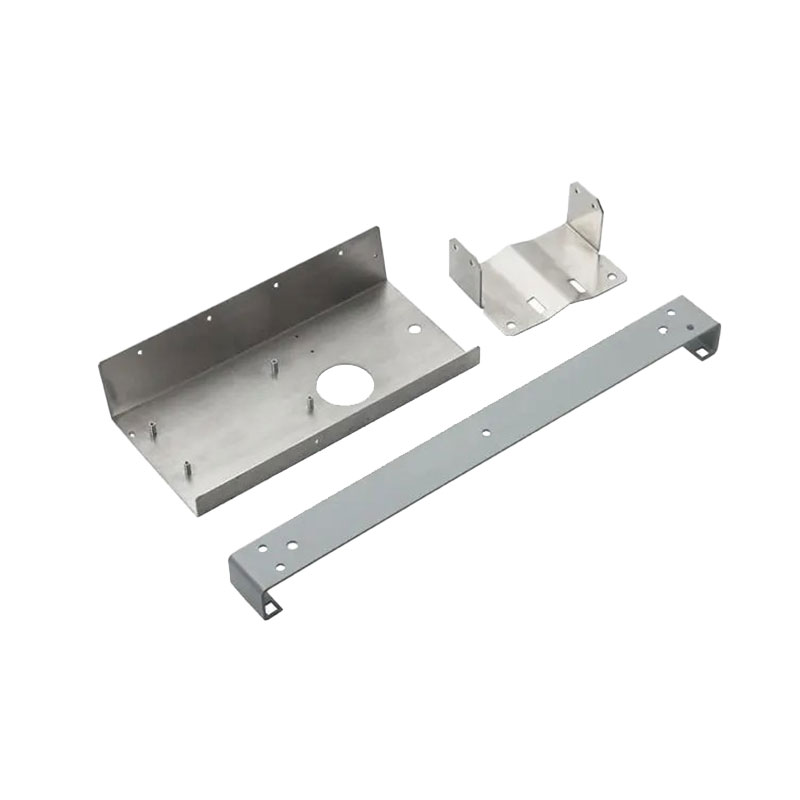Time to read: 6 min

The Imperative Role of Precision Metal Fabrication
The electronic industry's evolution has necessitated precision metal fabrication to meet the industry's specific needs:
Miniaturization
Precision fabrication enables the production of smaller electronic devices without compromising functionality, meeting consumer demands for efficiency and energy efficiency.
Durability and Accuracy
Durable materials like sheet metals ensure product longevity and accuracy, critical for the performance of electronic devices.
Customization
Sheet metal fabrication facilitates customized electronic products, allowing for specific size, shape, and material specifications.
Thermal Management
Sheet metals with superior heat conductivity improve thermal efficiency in electronic devices, preventing overheating and enhancing performance.
Aesthetics
Sheet metal fabrication contributes to the sleek, modern appearance of electronic products, with materials resistant to corrosion for lasting appeal.
Key Processes in Sheet Metal Fabrication
Cutting
Laser, plasma, and water jet cutting are utilized for precise metal removal, essential for meeting tight industry tolerances.
Forming
Press brakes and roll forming techniques are employed to achieve smooth bends and curves in sheet metal, ensuring high-quality parts.
Joining
Welding, riveting, and adhesive bonding are methods used to assemble sheet metal components, each offering unique advantages for electronic manufacturing.
Finishing
Painting, powder coating, and anodizing are applied to improve aesthetics and physical properties, enhancing part performance and durability.
Common Sheet Metals in Electronics
- Aluminum: Known for its lightweight, corrosion resistance, and ductility, making it ideal for various electronic applications.
- Stainless Steel: Offers high corrosion resistance, formability, and conductivity, suitable for electronic housings and enclosures.
- Copper and Brass: Noted for their thermal and electrical conductivity, essential for heat exchangers and electrical components.
- Zinc: Provides high corrosion resistance and electrical conductivity, ideal for wiring enclosures and switch boxes.
Applications in the Electronics Industry
- Enclosures: Protect internal components from damage and environmental factors.
- Heat Sinks: Effectively dissipate heat to maintain optimal operating temperatures.
- Component Shielding: Protect against electromagnetic and radio frequency interference for reliable device performance.
- Mounting Brackets: Support large metal or plastic parts in electronic devices, often made from corrosion-resistant materials.
Unofactory’s Commitment to Excellence
Unofactory is at the forefront of sheet metal fabrication for the electronic industry, ensuring part accuracy and precision. Our advanced machinery, technology, and team of professionals guarantee fast turnaround times and quality products that meet industry standards.
Conclusion
Sheet metal fabrication is a cornerstone of the electronic industry, enhancing product functionality, durability, and aesthetics. From miniaturization to thermal management, the capabilities of sheet metal fabrication are vast, catering to the diverse needs of modern electronics.
For high-quality electronic sheet metals, trust Unofactory to deliver precision and excellence. Contact us today to start your project.




